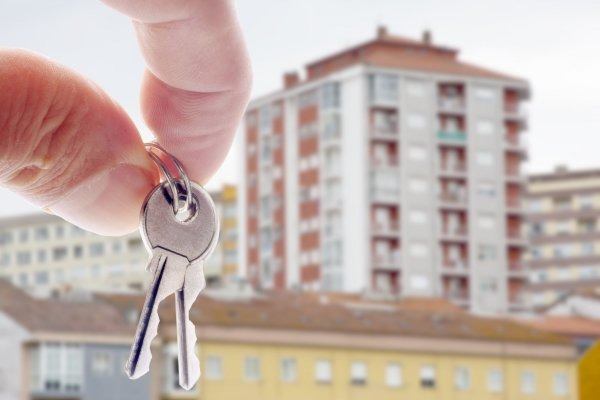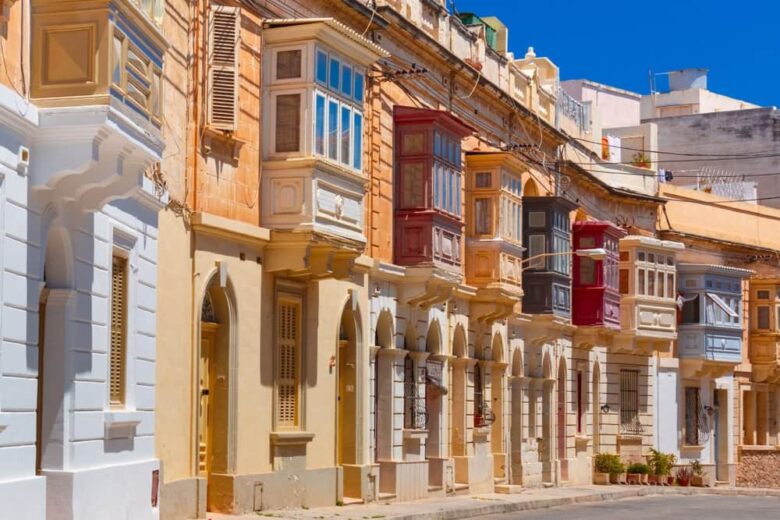Buying property in Malta sounds like a dream. A stable economy, warm climate, and English-speaking environment draw in buyers every year. But there’s a lot more beneath the surface. If you’re not prepared, the process can frustrate you or cost you more than it should.
Before you make an offer or sign any papers, take time to review what matters most. Here’s how to avoid common traps, make better decisions, and understand how Malta’s unique property market actually works.
Key Highlights
- Foreigners can buy property in Malta, but not everywhere and not always freely.
- You need an AIP permit unless buying in a Special Designated Area.
- Hidden costs like stamp duty and notarial fees add up fast.
- Real estate agents play a huge role in how fast and smooth your process will go.
- Old properties may require extra legal due diligence before committing.
- Understanding resale value and rental demand can shape smarter investments.
Can Foreigners Buy Property in Malta?

Yes, they can. But there are restrictions.
If you’re not an EU citizen or if you’re not planning to live in Malta for more than six months a year, then you’ll need an Acquisition of Immovable Property (AIP) permit. This applies to most types of properties unless you’re buying within a Special Designated Area (SDA). SDAs are zones where foreigners can freely purchase properties without needing a permit. Most modern developments and luxury residential complexes fall into this category.
Even EU citizens need an AIP permit if the property won’t be used as their primary residence. The permit takes about 35 days to process, and the fee is fixed. But delays can happen.
Common issues with AIP permits
- Documentation errors slow down approvals.
- Some properties do not qualify, even if sellers claim they do.
- You cannot buy more than one property unless it’s an SDA.
Get legal advice early, especially if you’re planning to rent the property later or apply for citizenship programs.
Know the Market – Work With Experienced Locals
Malta’s property market is competitive and highly localized. You won’t find every good property online. And what’s listed online might already be sold or reserved.
That’s where working with reputable professionals helps.
If you’re serious about buying, don’t rely on generic listings. A trusted team that specializes in real estate Malta market will make a big difference. Excel Homes is a well-known name in the local market. Their team helps buyers with pricing insights, legal coordination, and even post-sale questions. They also provide free property valuations with zero obligation.
You need that kind of grounded insight. Not just someone who unlocks the door.
Property Types and What to Expect
Malta offers a wide range of property types:
- Apartments and Penthouses: Most common and typically newer. Many are in complexes or developments with sea views.
- Terraced Houses: Popular among locals. They have multiple floors and private rooftops.
- Townhouses: Charming but older. These may need heavy renovation.
- Farmhouses and Villas: Expensive, mostly in the countryside or high-end zones.
- Maisonettes: Split-level flats, often with independent entrances.
Prices rise sharply based on location and sea view. Sliema, St. Julian’s, and Valletta command top rates. More rural towns offer better deals but lower rental potential.
Legal Process and Timeline

The legal process is straightforward but requires precision.
Steps in the process
- Promise of Sale (Konvenju): This is your preliminary agreement. You pay a 10% deposit to secure the deal.
- Notary Review: The notary reviews the property’s legal status, title, and debts.
- Final Deed of Sale: After due diligence, the deed is signed in the notary’s presence. Balance payment is made here.
The whole process takes around three months. It could be shorter if the paperwork is in order. Or much longer if the property has inheritance issues or legal restrictions.
Taxes, Fees, and Other Hidden Costs
Many first-time buyers focus only on the purchase price. That’s a mistake.
Expect to add 10–12% extra costs on top of the property price. Here’s where it goes:
- Stamp Duty: 5% of the purchase price.
- Notary Fees: Around 1–2%.
- Legal Searches and Fees: €600 to €1,000.
- Registration and Office Fees: €300 to €700.
- Agency Fees: Typically paid by the seller, but some costs may be passed on.
Don’t forget renovation costs. Especially with townhouses or anything built before the 1990s. They often hide structural issues that require major updates.
Should You Buy for Investment or Personal Use?
Some people move to Malta permanently. Others buy for short-term rental returns or future resale value. Your choice shapes your entire buying strategy.
For investors:
- Stick to areas with tourist flow: Sliema, Gzira, St. Paul’s Bay.
- Go for apartments, not houses. Easier to rent and maintain.
- Choose modern developments with elevator access and parking.
For private use:
- Consider noise, daily traffic, and access to supermarkets.
- Look for proper insulation. Malta’s winters feel colder indoors than expected.
- Consider building age. Older homes can be charming but less practical.
Pay Attention to Resale Value

Not all areas appreciate equally. Some properties look good on paper but lose value due to poor infrastructure or lack of long-term demand.
What helps maintain value:
- Sea views or close beach access.
- Parking or private garages.
- Proximity to schools and hospitals.
- Newer buildings with lifts and energy-efficient features.
Stay cautious with inland properties in lesser-known villages. They’re more affordable but often harder to resell later.
Work With a Trusted Notary and Agent
In Malta, notaries do more than just paperwork. They investigate the property’s legal background, ownership chain, and debts. You can’t skip them.
Pick your notary, don’t just accept whoever the seller recommends. Independent advice is key here.
Your real estate agent should also work for you, not just the seller. If they only show you properties from their own portfolio, that’s a red flag. You want someone who’ll explore the whole market to find what suits your needs.
Avoid Common Buyer Mistakes
Here’s what trips up most buyers:
- Rushing the process. Always wait for the notary’s go-ahead before making final payments.
- Skipping inspections. Even newer apartments may hide leaks or insulation issues.
- Overpaying. Just because something looks luxurious doesn’t mean it’s worth the price.
- Underestimating renovation costs. Old homes often need more than a coat of paint.
- Ignoring neighborhood dynamics. A property surrounded by Airbnb rentals might be noisy and have little community feel.
Final Thoughts

Buying a property in Malta can be rewarding, but only if you’re prepared. It’s easy to fall for sea views or charming balconies, but smart buyers focus on the long game. Value, legality, neighborhood, and upkeep matter more than first impressions.
Work with serious experts. Get a notary you trust. Check every document twice. And stay patient. Good deals come to those who are informed and prepared.
Malta’s market rewards precision and strategy — not emotion. Buy smart, and you’ll enjoy both your property and your peace of mind.

